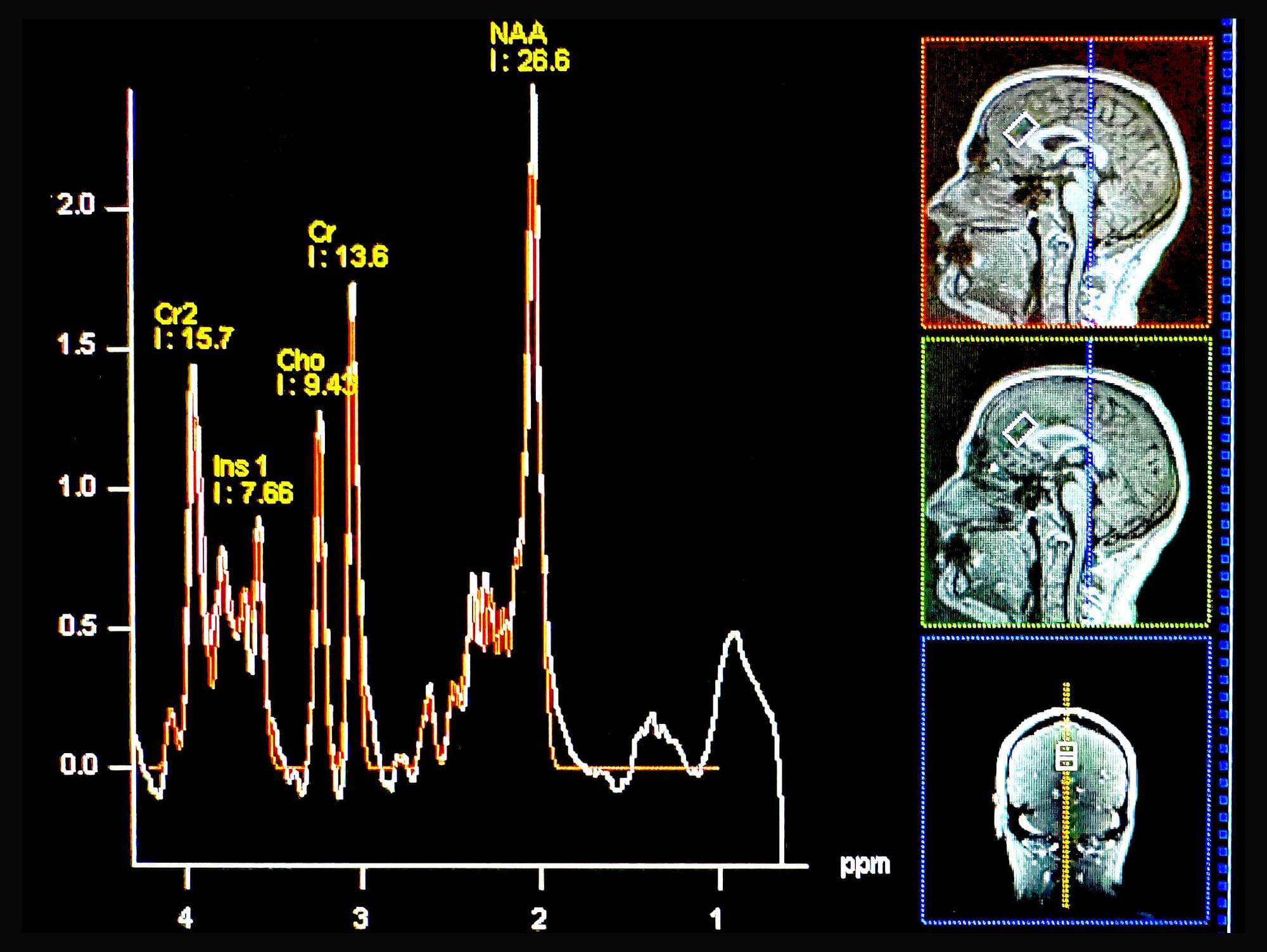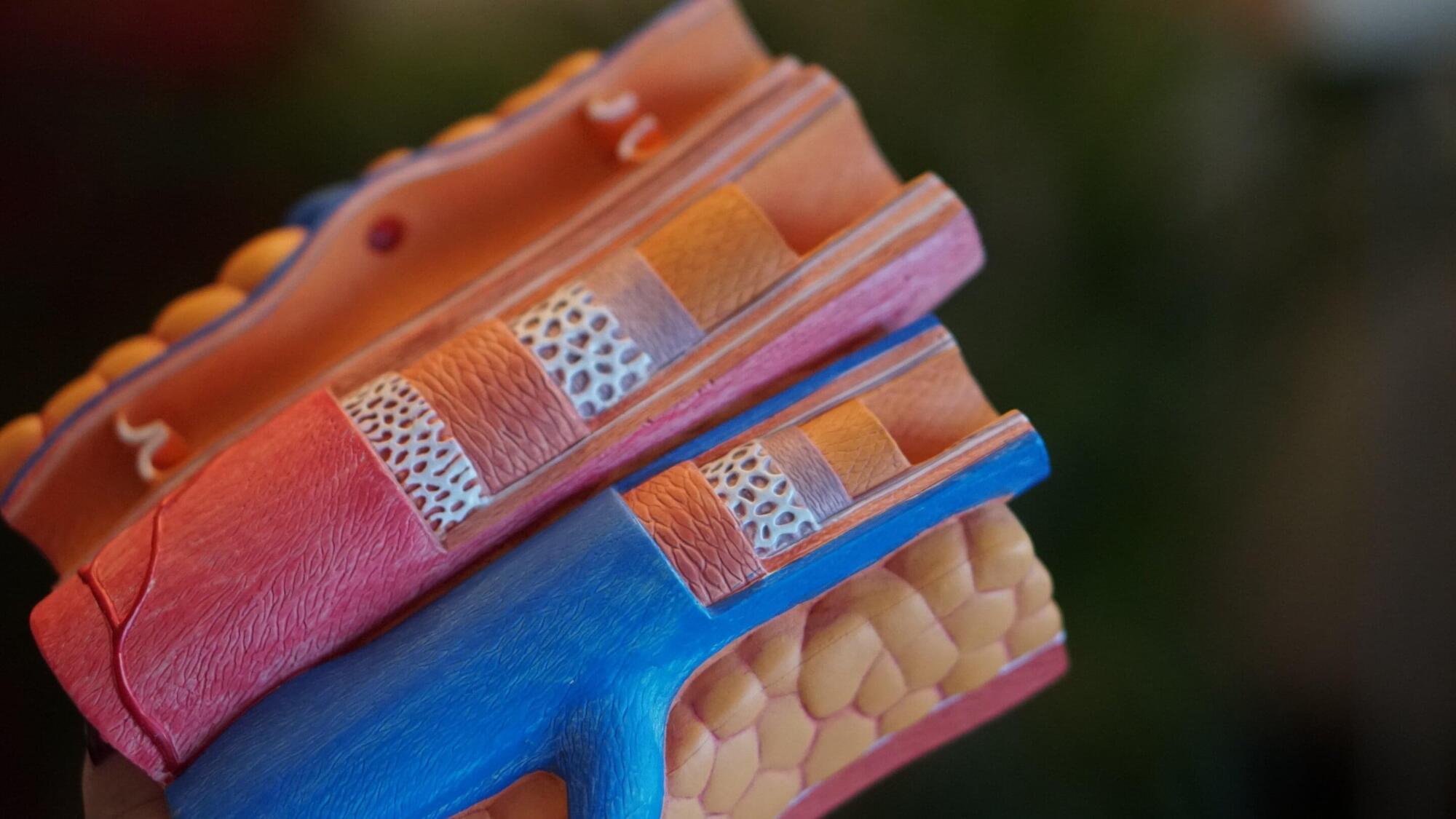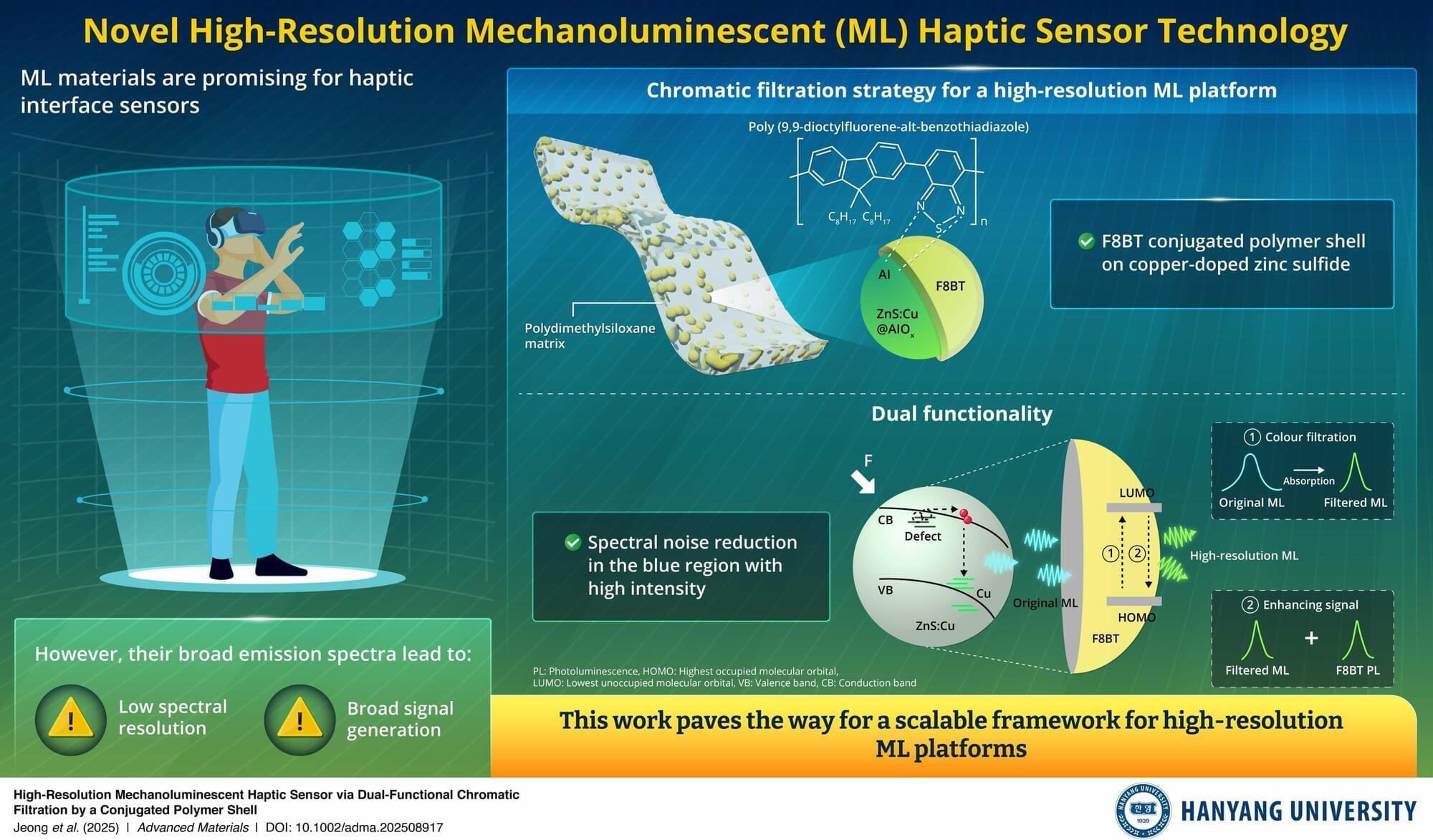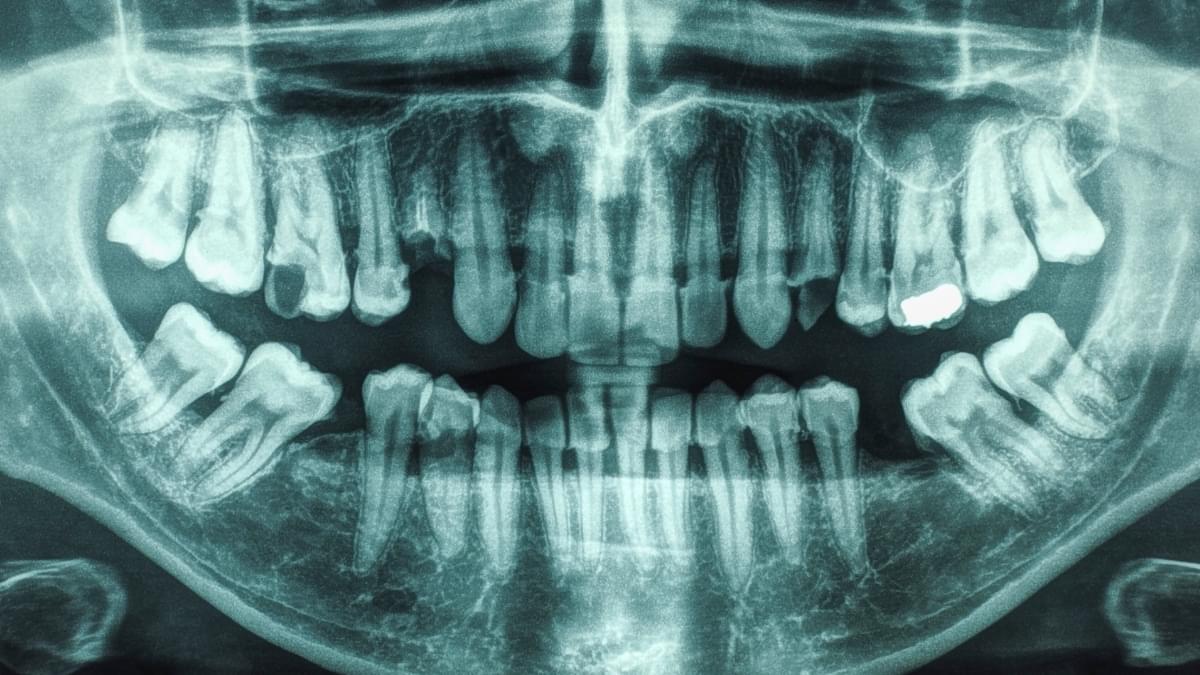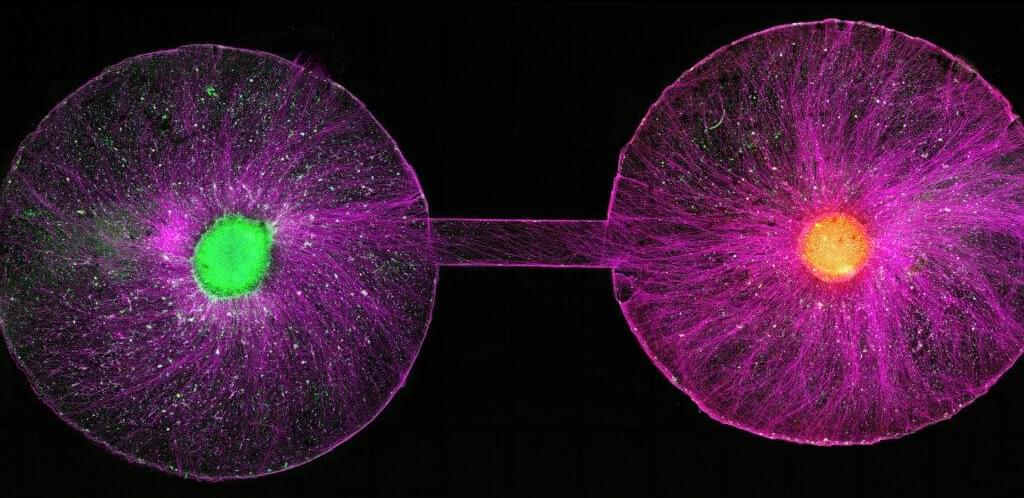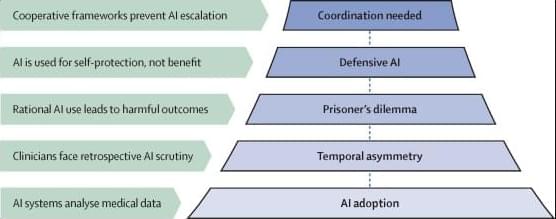People with anxiety disorders have lower levels of choline in their brains, according to research from UC Davis Health.
The study, published in the journal Molecular Psychiatry, analyzed data from 25 studies. The researchers compared the levels of neurometabolites—chemicals produced during brain metabolism —in 370 people with anxiety disorders to 342 people without anxiety.
They found the level of choline—an essential nutrient—was about 8% lower in those with anxiety disorders. The evidence for low choline was especially consistent in the prefrontal cortex, the part of the brain that helps control thinking, emotions and behavior.
